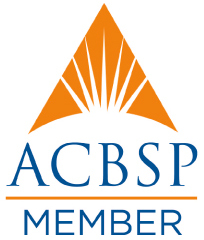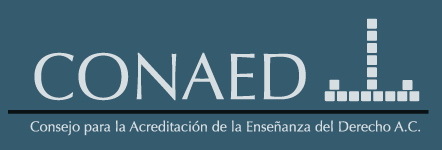Civil Engineering
Hydrology and Hydraulics, Sanitary and Electromechanical Engineering Laboratory
Water flow, its safety and its management making as little waste as possible are studied in this laboratory. Based on these analyses, appropriate proposals to create environments for the management of water, including dams and piping systems, may be put forward.
Tests
Several types of tests, such as hydrostatic and fluid properties, fluid mechanics, hydrological studies, sediment transport and permeability tests, are carried out in this laboratory.
Hydrostatic and Fluid Properties Tests
- Determination of absolute and relative density of a fluid.
- Calculation of viscosity by the descending sphere method.
- Study of the effects of capillary tubes and plates.
- Pascal’s law demonstration.
- Verification of Archimedes’ principle and demonstration of the principle of flotation.
- Determination of metacentric height and stability of different floating bodies.
- Determination of the strength and position of the center of pressure on a plane surface.
- Pressure measurement and calibration with a Bourdon tube pressure gauge.
- Determination of liquid surface tension through a torsion balance.
Fluid Mechanics Tests
- Study of the characteristics of a centrifugal pump, power determination and performance calculation.
- Study of pumps connected in series and in parallel.
- Cavitation phenomenon study.
- Horizontal and vertical flow from a tank.
- Osborne Reynolds experiment demonstration.
- Open-channel flow at control structures (landfills, dams, gates), study of hydraulic jump, variable inclination, wave generation, among others.
- Measurement of the force exerted by a jet of fluid on different surfaces.
- Visualization of streamlines fields for flows around drag bodies and flow through changes in cross-section.
- Flow measurement.
- Study of pressure loss in pipes and accessories.
- Experimental study of Bernoulli’s theorem.
- Study of the operating principle, determination of torque, power and performance of Francis and Pelton turbines.
- Visualization and study of free and forced vortices.
Hydrological Studies
- Precipitation effect of different duration in soils with different saturation.
- Soil accumulation capacity study.
- Effect of wells in the hydraulic gradient of groundwater.
- River flow behavior, course barrier effect, sediment transport in rivers.
- Operation under steady or unsteady state conditions.
Sediment Transport Tests
- Flow in tilting flume with and without depositions transported by a stream.
- Subcritical and supercritical discharge.
- Visualization of flow with contrast.
Permeability Tests
- Flow visualization and measurement through permeable means.
- Inkjet system that helps show flow lines.
































